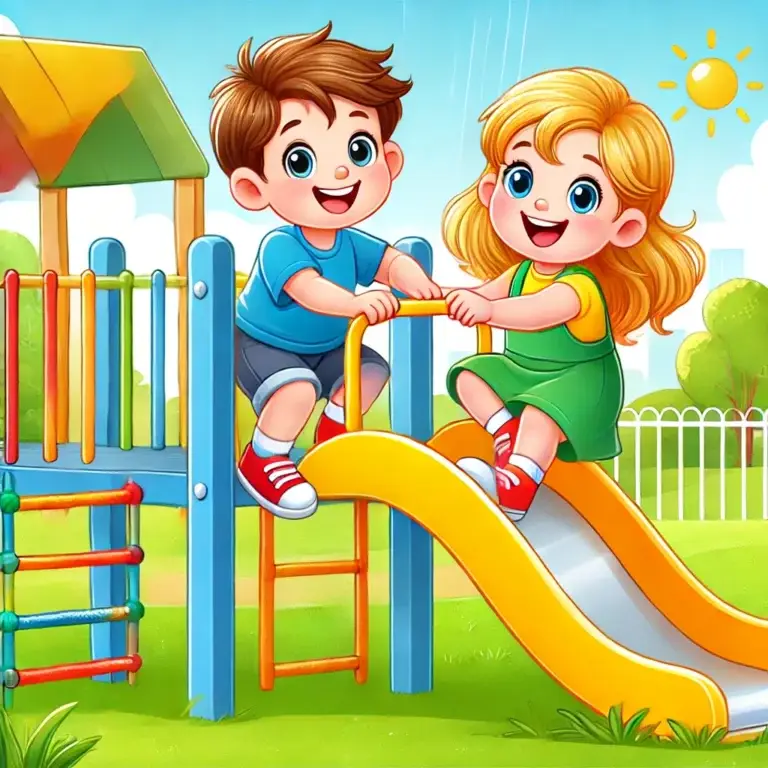Memories from receiving a perfect gift when you are a young boy or girl, can last for a lifetime.

Buying a gift for younger kids can be a delightful experience, but it’s important to consider their age, interests, and developmental needs to select something they’ll enjoy and benefit from. Here are some key points to consider:
Consider Their Age
- 0-2 Years (Infants and Toddlers):
- Look for safe, non-toxic toys that stimulate sensory development (e.g., rattles, teething rings, or soft books).
- Avoid small parts to prevent choking hazards.
- 3-5 Years (Preschoolers):
- Choose toys that encourage creativity, motor skills, and learning, such as building blocks, playsets, or puzzles.
- Ensure the gift matches their growing curiosity and energy levels.
- 6-8 Years (Early School Age):
- Focus on toys and activities that challenge their minds and bodies, like board games, sports equipment, or arts and crafts kits.
Interests and Hobbies
- Observe what the child is passionate about:
- Active Kids: Balls, bicycles, or outdoor play equipment.
- Creative Kids: Art supplies, musical instruments, or DIY craft kits.
- Animal Lovers: Plush toys, animal-themed books, or zoo playsets.
- Adventurous Kids: Exploration kits, toy vehicles, or action figures.
Educational Value
- Choose toys or gifts that promote learning:
- STEM Toys: Kits that teach science, technology, engineering, or math concepts in a fun way.
- Books: Age-appropriate storybooks, activity books, or picture books.
- Puzzles and Games: Items that enhance problem-solving, memory, and critical thinking.
Safety
- Ensure the gift is age-appropriate and free from small parts, sharp edges, or harmful materials.
- Look for certifications like ASTM or CE marks that indicate the toy meets safety standards.
Durability
- Younger kids can be rough with their toys, so choose items made from sturdy materials that can withstand wear and tear.
Gender Preferences
- Many toys and gifts are gender-neutral, but if the child has specific preferences, consider those:
- For Boys: Vehicles, dinosaurs, construction toys, or sports gear.
- For Girls: Dolls, tea sets, jewelry-making kits, or pretend-play sets.
- For All: Art supplies, puzzles, storybooks, or outdoor toys.
Social and Imaginative Play
- Encourage interaction with others:
- Playsets or toys that allow multiple children to play together.
- Pretend-play items like costumes, kitchen sets, or tool kits to inspire creativity.
Outdoor Play
- Gifts that encourage physical activity:
- Swings, trampolines, sandboxes, or water toys.
- Balls, frisbees, or beginner-friendly sports equipment.
Avoid Overly Complicated Toys
- For younger kids, avoid gifts that require extensive assembly or have too many rules, as this can frustrate them.
Long-Term Appeal
- Choose gifts that can grow with the child, like building blocks, puzzles with increasing difficulty, or books for various reading levels.